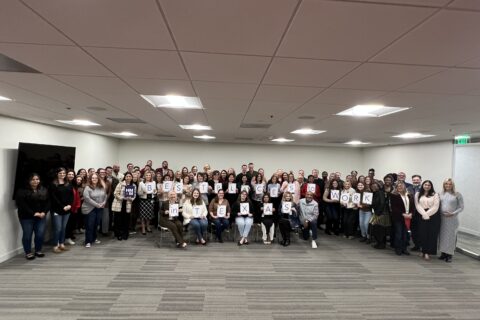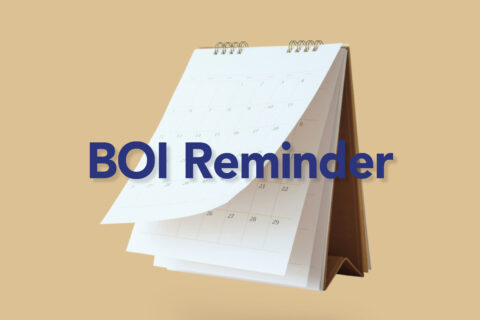The Internal Revenue Service recently issued final tangible property “repair” regulations and disposition regulations (“Regulations”). These broad Regulations will likely impact most taxpayers in all industries. These Regulations generally apply to taxable years beginning on or after January 1, 2014. Long-time tax practitioners say that the required changes have the most radical effect on preparing tax returns since the Tax Reform Act of 1986.
Failure to comply with the Regulations and guidance may result in underpayment and accuracy-related penalties and interest. Tax savings opportunities may also be available.
Some of the major provisions in the Regulations include the following method changes and elections:
- Definition of the repaired or improved asset (i.e. Unit of Property)
- Repair and maintenance versus improvements to property
- Timing of deductions for materials and supplies
- Basic capitalization/expensing threshold (i.e., de minimis expensing safe harbor)
- Election to follow book capitalization of tax deductible repair and maintenance costs
- Partial disposition provisions
Representatives from the Internal Revenue Service and Treasury have stated that they expect most taxpayers having a business or rental activities to file a Form 3115, Application for Change in Accounting Method. Some of these changes may result in catch-up deductions. The requirement to change will not only affect business entities, but they may affect individuals having sole proprietorships reported on Schedule C, rental and/or royalty income reported on Schedule E, and farm or ranch operations reported on Schedule F.
A few common examples where an accounting method change is necessary include:
a. A change of Unit of Property definition for applying the improvement standards
b. Adopting the routine maintenance safe harbor
c. Deducting repair and maintenance
There may be instances where business leaders believe they are already following the Regulations or adoption does not result in a current change to the timing of any deductions. The IRS, however, has stated that the rules for Unit of Property and routine maintenance safe harbor, for example, did not previously exist and it is therefore not possible for taxpayers to comply with these rules without obtaining IRS consent via a Form 3115.
During the tax return preparation process, we will be conferring with you about the applicability of the Regulations to your businesses or rental activities. Form 3115 is eight pages long and the form’s instructions are 20 pages long. It is likely that additional time and expense may be necessary to comply with these new Regulations. The American Institute of Certified Public Accountants and other groups are in discussions with the IRS and advocating relief that will ease the burden for small businesses. It is possible that the IRS may issue such relief. However, the tax return filing deadlines are drawing near and small business owners will have to make decisions soon about compliance with the Regulations.
We will keep you informed of developments. Please contact your HM&M tax advisor with questions.
Latest Blog
DALLAS, TX – [February 21, 2025] –HM&M, a leading accounting and advisory firm, is proud to announce that ...
Updated February 14, 2025 A complex trust or estate may make an election under Internal Revenue Code Section ...
As this reminder was going to press, a Texas-based federal court issued a preliminary injunction prohibiting the federal ...
HM&M Updates
DALLAS, Dec. 11, 2024 – Springline Advisory, a trailblazing financial and business advisory firm, is proud to announce its partnership ...
Last month, Senior Manager, Pearl Balsara was invited to speak at the 2023 FPA DFW Annual Conference in ...
We are pleased to announce the winners of the 2022 HM&M Excellence Awards. Ronna Beemer, Keith Phillips, and ...









